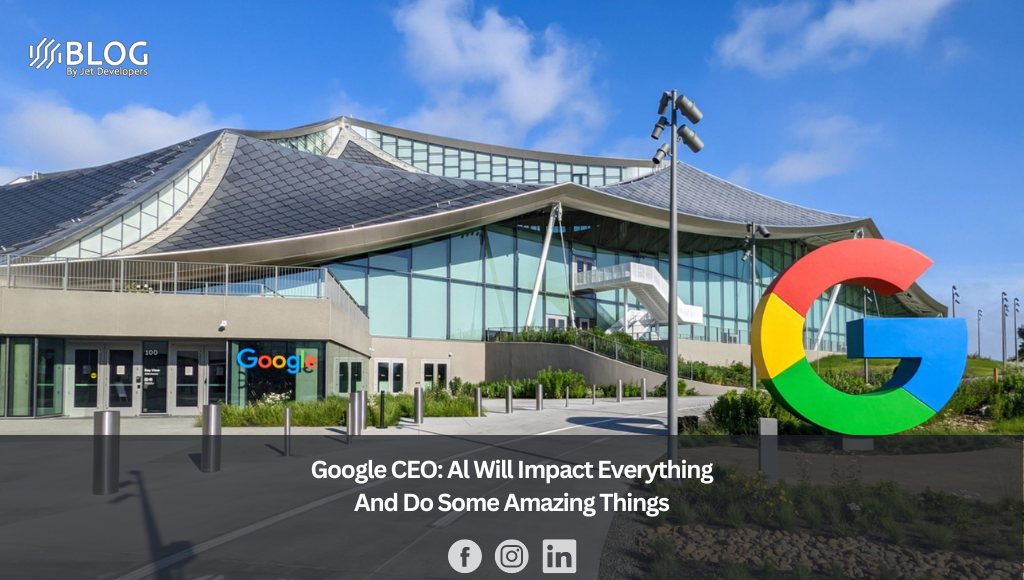According to a report by The Wall Street Journal, Meta is set to introduce a cutting-edge artificial intelligence model in 2024 that is expected to rival OpenAI’s most powerful creations, such as ChatGPT. This development comes as Meta seeks to establish its presence in the competitive AI landscape, joining the ranks of technology giants like Google, Microsoft, and Apple.
Insiders within Meta, the parent company of Facebook, have revealed that this forthcoming AI model will outperform Llama 2, an open-source large language model released by Meta in July and distributed via Microsoft’s Azure cloud services. Llama 2, with its training on an impressive 70 billion parameters, represents a significant advancement over its predecessor, Llama 1, released in February.
While the exact size of OpenAI’s GPT-3.5 and GPT-4 training data remains undisclosed, estimates suggest it could be around 1.5 trillion parameters, highlighting the magnitude of Meta’s ambitions.
Like Llama 2, Meta’s new AI system is expected to adhere to an open-source philosophy, allowing other companies and developers to leverage it in creating sophisticated text, analysis, and other applications. This aligns with Meta’s commitment to fostering collaboration and innovation within the AI community.
The development team responsible for this AI model has been personally selected by Meta’s CEO, Mark Zuckerberg, with a specific focus on generating AI tools capable of producing human-like expressions. Training for the new AI system is slated to commence in early 2024, with Meta aiming for it to rival the capabilities of OpenAI’s GPT-4.
In a race to maintain a competitive edge in the AI arena, Meta is competing with formidable contenders such as Google, OpenAI, Microsoft, and Apple. Building such advanced AI tools necessitates powerful AI training chips, and Meta is actively investing in data centers and procuring NVIDIA H100s, one of the world’s most potent chips, for model training.
Recent reports from semiconductor research company SemiAnalysis suggest that Google’s upcoming generative AI model, codenamed Gemini, is poised to be five times more powerful than the most advanced GPT-4 models available.
Apple, too, is a prominent player in this AI race, reportedly dedicating significant financial resources to develop AI tools. Apple’s endeavors include enhancing Siri, their voice-command digital assistant, by introducing prompts that enable Siri to create GIFs from a user’s recent photos. Furthermore, Apple is actively building its own large language model framework known as ‘Ajax‘ and has already deployed an in-house chatbot called ‘Apple GPT,’ which is currently in testing among its staff.
In the rapidly evolving landscape of artificial intelligence, Meta’s upcoming AI model represents a significant step towards establishing itself as a formidable contender alongside industry heavyweights like OpenAI and Google. As these tech giants invest heavily in AI development, the future holds the promise of increasingly sophisticated AI applications that will shape our digital interactions and experiences.






